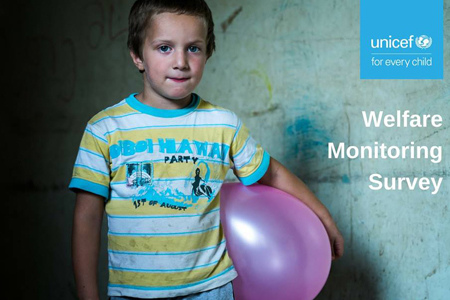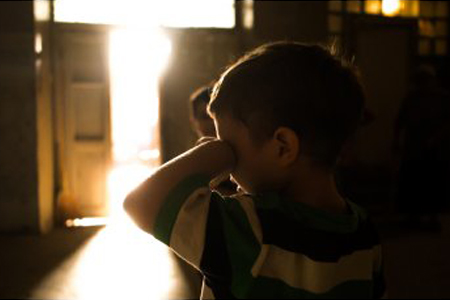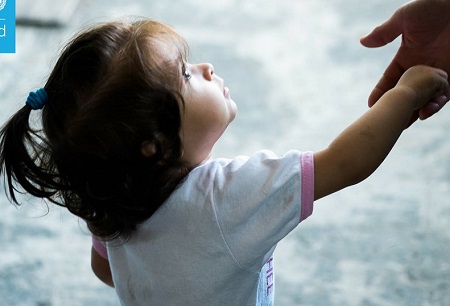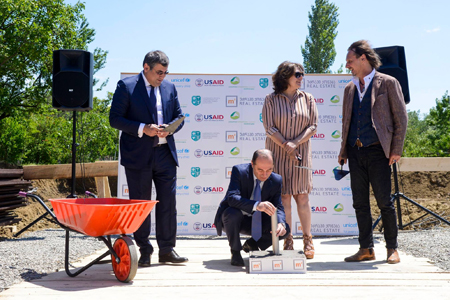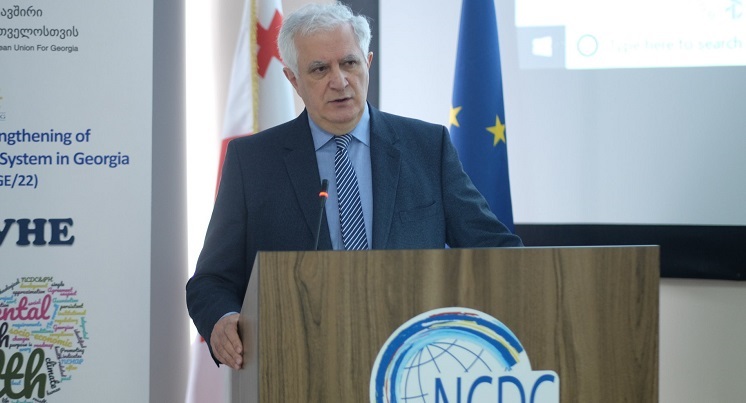Large-scale survey kicks off in Georgia to assess situation of families, children and women

No large-scale survey of lead prevalence in children’s blood has been conducted so far in Georgia. Photo: childhood.org.au.
The Multiple Indicator Cluster Survey (MICS), one of the largest household surveys worldwide, kicks off in Georgia this week. It will be held over the course of three months and collect high quality, internationally comparable data about the situation of families, children and women throughout the country.
The survey will also check the quality of water and examine the prevalence of lead in the blood of children, UNICEF Georgia reports.
MICS will collect data on education, health, child development and care, parenting, early marriage, use of energy, environmental protection and infrastructure, as well as the situation of children with disabilities, internally displaced persons and national minorities.
UNICEF Georgia says that the results of the survey will help the government of Georgia with evidence-based decision making and policy planning to improve the lives of vulnerable families and children, in addition to helping it achieve sustainable development goals.
MICS data collection fieldwork will begin on 20 September and continue until 20 December 2018. It will be conducted in over 14,000 households in Tbilisi and the ten regions of Georgia.
The testing of lead prevalence in children’s blood will involve taking venous blood samples from approximately 1,500 children aged 2-7 throughout the country [randomly selected]. The samples will be sent to one of the leading European laboratories in Italy. Families will receive lead test results individually and in cases where a high level of lead is identified, they will also get free consultation from the National Centre for Disease Control,” UNICEF Georgia reports.
The survey is conducted by the National Statistics office of Georgia with the technical and financial support of UNICEF and the National Center for Disease Control and Public Health. Financial support to the survey has also been provided by SIDA, USAID, AFD, SDC, UNFPA, UNDP, WHO, the World Bank and the Italian Institute of National Health.
 Tweet
Tweet  Share
Share
